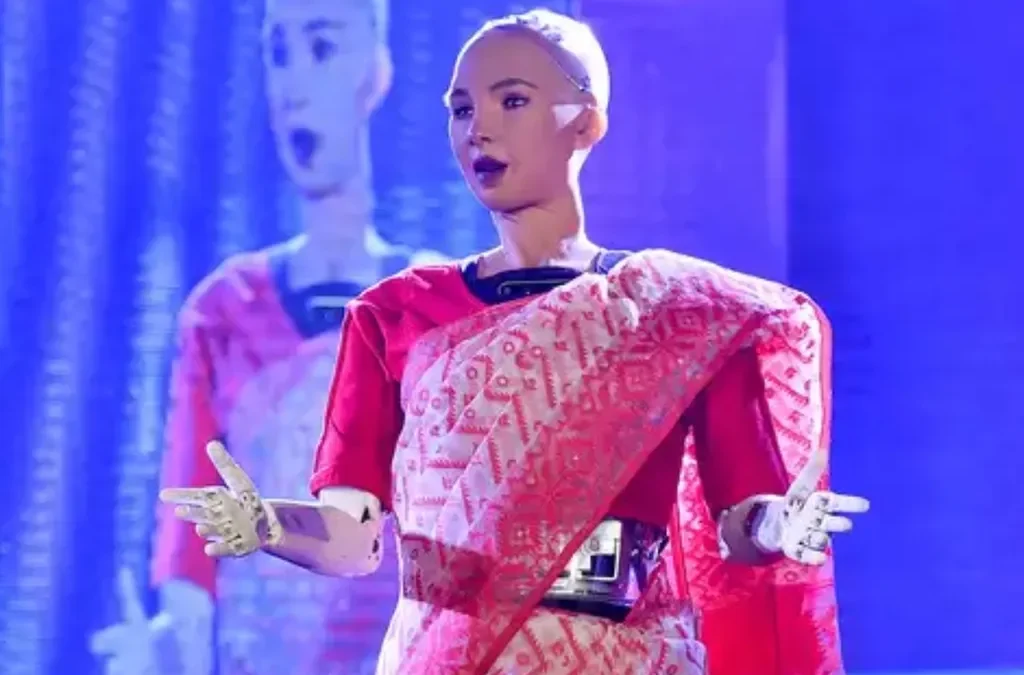Here, we’re not talking about the famous Sophia Loren, who married renowned director Carlo Ponti and whose romantic rumors with the charismatic actor Cary Grant once made headlines. Nor are we talking about the recent celebration of her 80th birthday. Instead, we’re discussing Sophia, the first humanoid robot to be granted citizenship by Saudi Arabia on November 24, 2017, after years of development by Hanson Robotics.
According to a study published in 2016 by the Business World Forum at Davos, when ranking the competencies sought after in leaders and employees globally, “complex problem-solving ability” ranked first, while “creativity” was at the tenth spot. The projections for 2020, outlined in the same report, are striking: as expected, critical problem-solving skills remain in the top spot, but creativity jumps to third place, and the most surprising development is the emergence of “Emotional Intelligence” at the sixth spot.
In recent years, as we discuss Industry 4.0, digital transformation, and AI – Artificial Intelligence, it seems that EQ, brought to the forefront by Coleman and Richard Boyatzis in the mid-1990s, has made a return—this time, perhaps, for good.
In 2013, Google acquired the famous robotics company Boston Dynamics with great expectations. However, in June 2017, they sold the company to the Japanese after a video released by Boston Dynamics in 2016 caused significant discomfort for Google. The video showed a company employee repeatedly knocking over a box that a robot named Atlas was trying to pick up, dragging the box on the ground to challenge the robot, and even pushing the robot over with a hockey stick. The potential social perceptions created by this video led to the end of the Google-Boston Dynamics relationship.
The key issue we need to focus on here is the “emotion” domain that separates us as humans from many other species, particularly our capacity for empathy. It’s an undeniable reality that, perhaps not today, but within the next decade, we will find ourselves living alongside humanoid robots. As humanity, by 2040-2050, we will encounter drones, humanoid robots, and various other forms of robots in many fields, including air transportation.
As humans, we may struggle with communications that lack emotional content, and we might sometimes face situations where machines, which physically resemble us, confuse our minds.
In such scenarios, we will need to separate ourselves from the influence of the human or “human-like machine” in front of us, better understand and distinguish our own emotions, and those of the people around us.
Forbes conducted a study this year showing that within the next three years, Millennials will make up 50% of the workforce. This generation, known for seeking coaching support, is expected to sustain the momentum and growth of the coaching profession, which has been the fastest-growing field over the last five years, well into the coming years. However, the crucial question remains: Does everyone who identifies as a coach truly possess these competencies? Have they undergone internationally recognized training in this field? And perhaps most importantly, what tangible activities are they engaged in to develop themselves further? Do they have international accreditation, and can they substantiate it?
I wish for a life where we all grow and develop not only mentally but holistically.
With Respect and Gratitude,
**Sami Bugay**
Master Certified Coach MCC – International Coach Federation
NCC – Certified Ontological Coach

